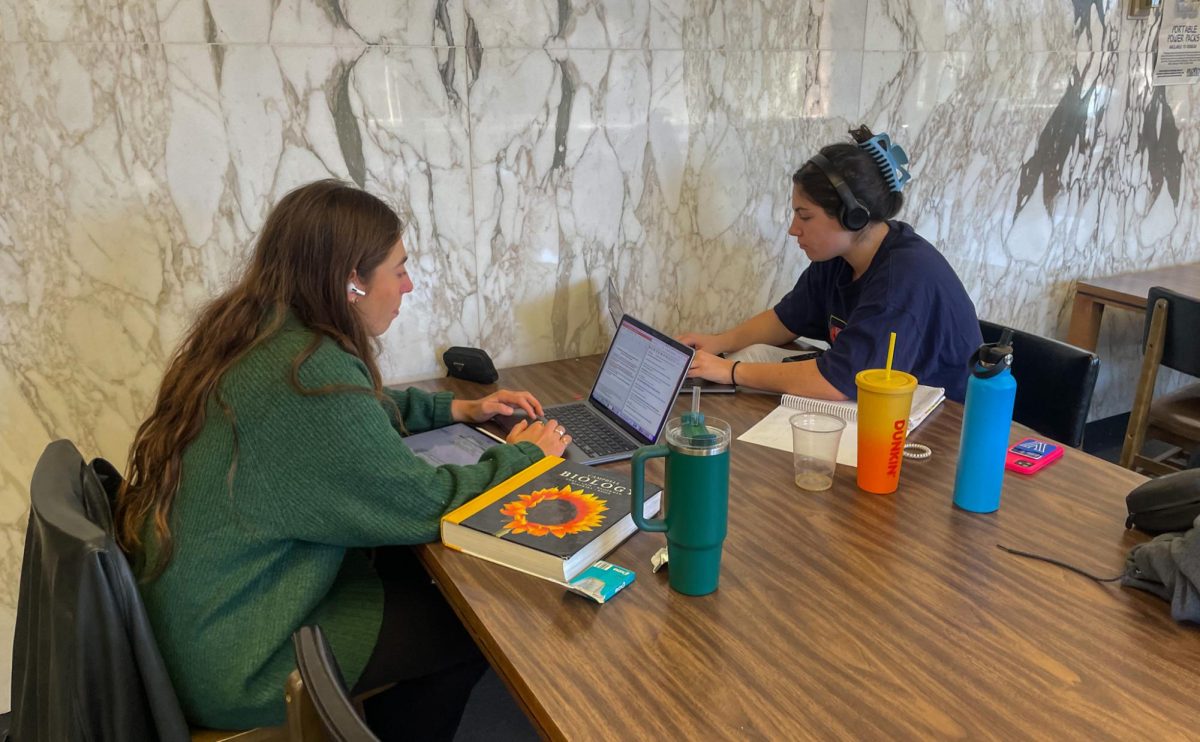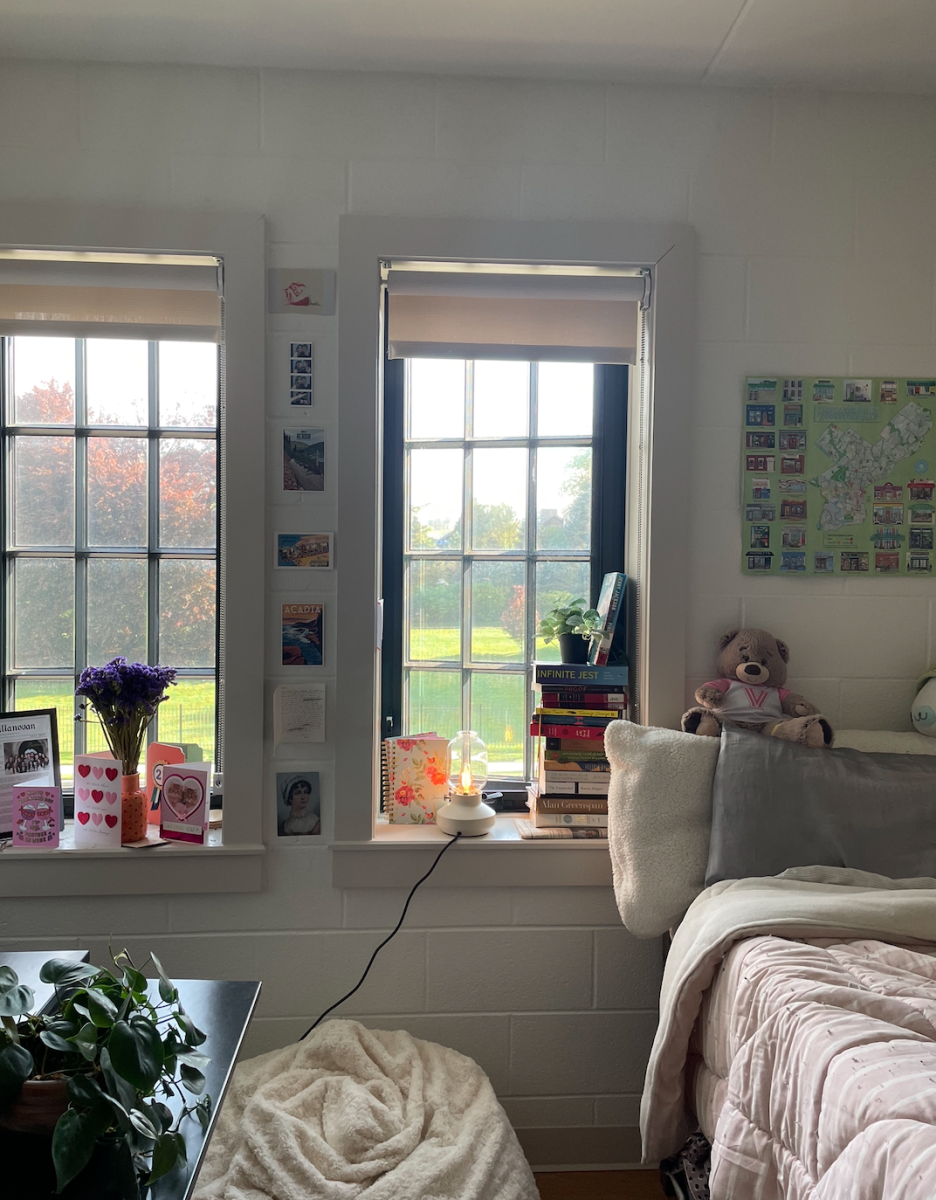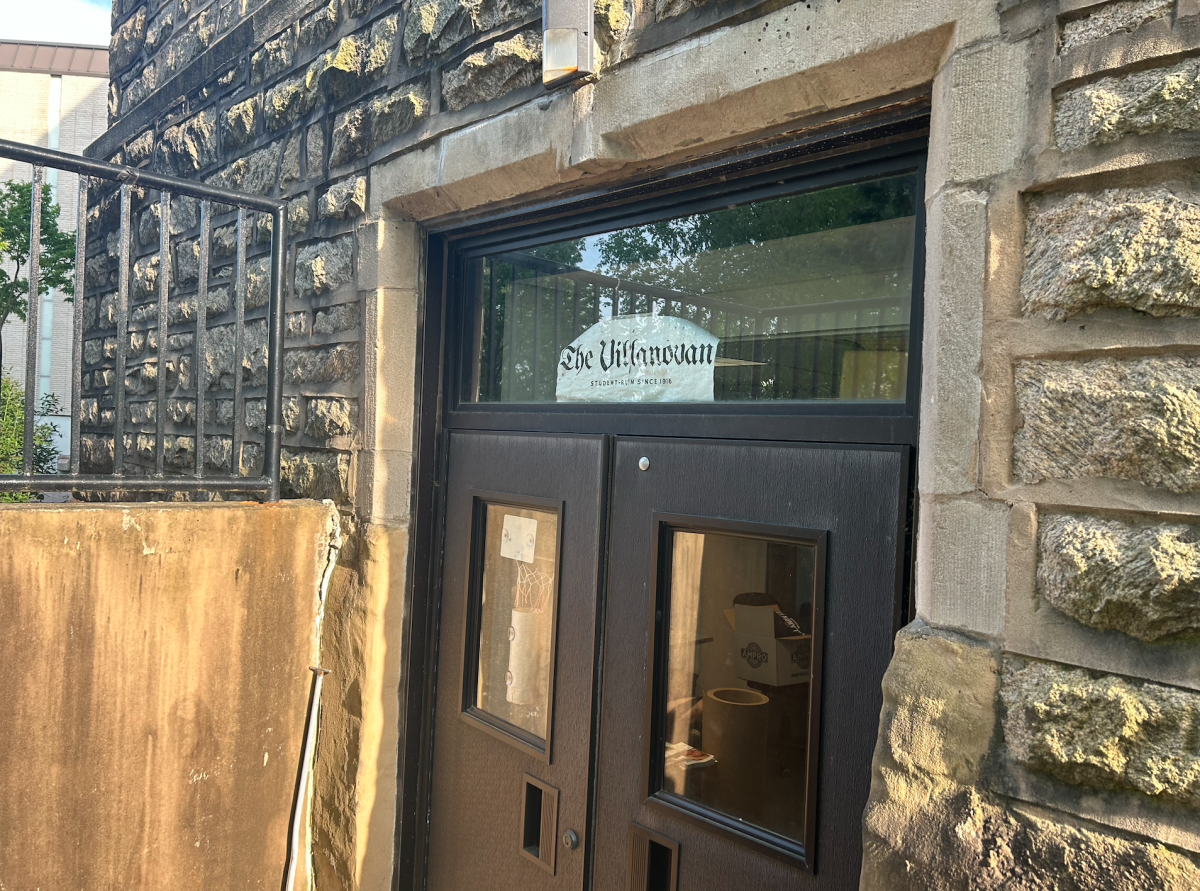“I don’t know if this is right, but…”
“I have a stupid question.”
“I think this is the answer, but I’m not sure.”
These are standard sentence-starters in a Villanova classroom. Students tend to add modifiers to the beginning of their answers, exclusively paired with a tentatively raised-hand and high-pitched voice. I’ve even done it myself.
My question is, why?
Villanova students are smart. In theory, this confidence should be reflected in the tone in which they choose to contribute to class discussion. Yet students can constantly be observed questioning their opinions and undermining their own intellect.
To better understand these trends, an experiment was conducted over the course of a week. For five days, I collected data across gender, frequency and the types of classes in which students tended to express uncertainty. To deter bias, I also enlisted several friends across various majors and courses to contribute their findings.
My ultimate goal was to determine if there was an overall statistic to these seemingly arbitrary tendencies. I was right. There was.
Women were four-times more likely to express uncertainty in tone as compared to men. This was mostly observed in seminar-style classroom environments, presumably because of the increased level of discussion and major-specific courses, as opposed to required ones.
“Honestly, I’m not exactly shocked by those numbers,” freshman Sophia Lutzker said. “I think women are reticent to share their opinions at risk of being wrong and potentially looked down upon, while men are less anxious about the consequences of being incorrect.”
This is a phenomenon known as the “confidence gap.” In other words, women are more likely to experience symptoms of imposter syndrome and performance anxiety than men. This presents itself in multiple spaces, but is most notably acknowledged in the workplace.
The confidence gap has been researched and analyzed by multiple institutions. Notably, Cornell University conducted a study demonstrating that women underestimate their abilities, while men tend to overestimate them. It found that this imbalance rectifies itself as women gain experience, but it is incredibly difficult to make up for this lost time in the crucial career-building years of young adulthood.
Confidence levels not only affect networking skills and salary negotiation, but the job-seeking process itself. According to a LinkedIn Gender Insights Report, women apply for 20% fewer jobs than men, despite being 16% more likely to get hired. By dismissing their qualification levels, women are inadvertently contributing to gender inconsistencies in the workplace such as employment rates and wage gaps.
The fact that this phenomenon occurs even before individuals enter the professional world, within collegiate settings, is exceptionally alarming. Spaces of academia should be devoted to collaborative skill building and collective success. Women’s nervousness to voice opinions or ask questions will surely negatively impact their overall education experience, and their careers later on.
I was interested to see if this remained consistent across a same-sex campus. Smith College is a liberal arts institution with an all-women student body, serving as a perfect school to compare with a co-ed university.
Aislinn Lavery, a sophomore at Smith, said that she notices a significant amount of apologetic language on a day-to-day basis.
“I think women were raised to preface their thoughts with apology, and that is contagious,” Lavery said. “So at an HWC, hearing a number of people speak apologetically, it’s easy for that to spread to every speaker in the classroom.”
It’s difficult to break the systemic gender-conditioning that naturally develops within young girls. For safety, familiarity or any other reason, women tend to feel more comfortable around those who identify similarly to them. This differs from men, who often have no need to be intimidated by the opposite gender.
Lavery also notices these patterns when stepping outside of Smith’s immediate community.
“It’s noticeable that many people are emboldened to raise their hand a lot more [at Smith] than they would in a co-ed class,” Larvey said. “I’ve been able to take some co-ed classes at UMass, and there’s a noticeable shift between Smith and UMass in how often women and non-binary students raise their hands when men are absent versus present.”
In a diverse and co-ed society, it’s important to instill self-assurance in women of all ages. From the classroom to the workplace, women must work to freely speak with the eloquence and intellect that their opinions deserve. Men certainly aren’t going anywhere, but the confidence gap sure can.








